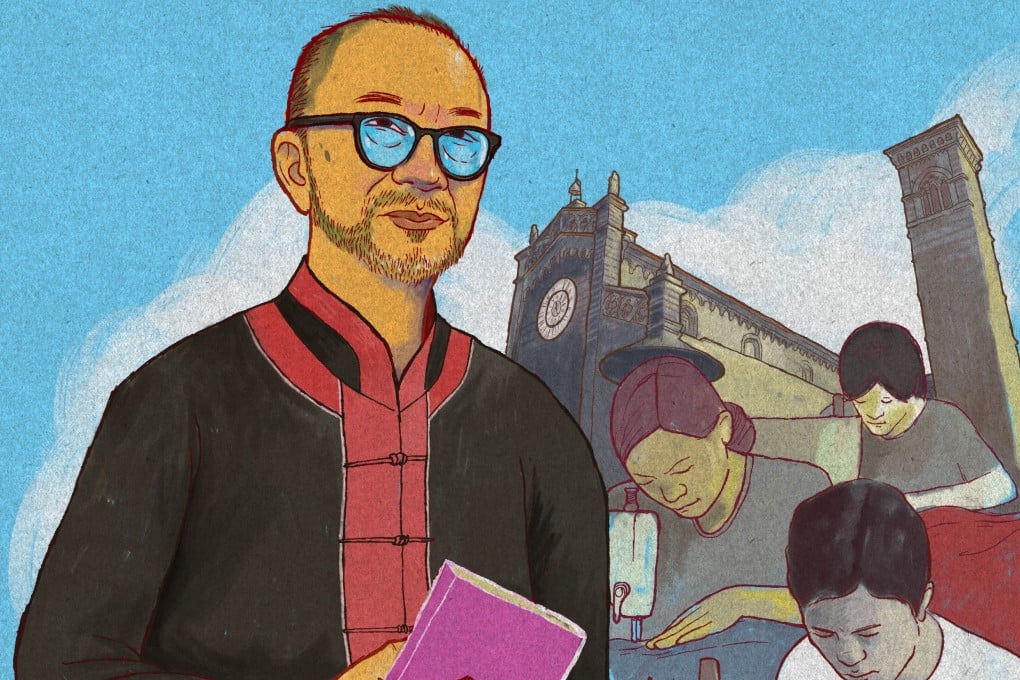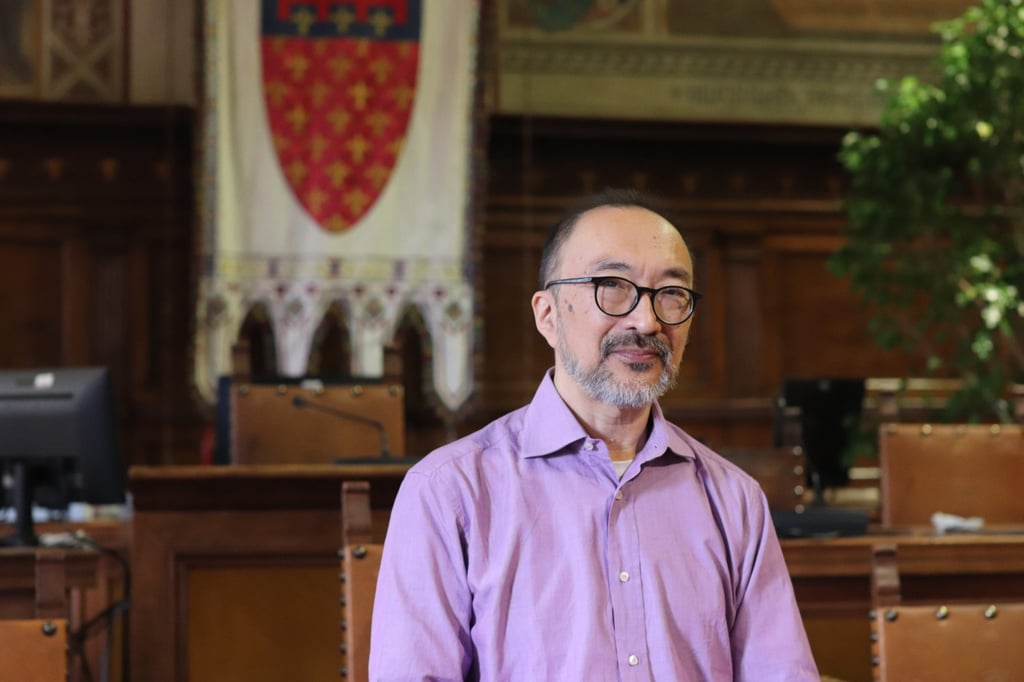One of Italy’s first city councillors of Chinese descent, Marco Wong helped shepherd immigrants through trying times
- Mercurial Marco Wong won a term as councillor of Prato, a city with a large Chinese population thanks to its textile industry – now he has gone back to writing graphic fiction of one form or other

The Italian city of Prato, second largest city in Tuscany, 17km northwest of Florence, has seen the greatest number of Chinese immigrants to Italy since the mid-1990s.
In 1989, there were 38 Chinese people in Prato. Today, they represent more than a quarter of the total population of roughly 192,500, with about 3 per cent having chosen to become naturalised Italians. Prato’s ethnically Chinese citizens hail mostly from Zhejiang province, particularly the city of Wenzhou and its surroundings. They migrated to this attractive medieval postcode mainly because of its ancient textiles industry, which in more recent times has offered many entry-level jobs incorporating training on sewing machines or in textile recycling: Prato’s historical connections have seen it dubbed la città degli stracci (“the city of rags”).
The presence of an employed Chinese diaspora meant that more people from Zhejiang then decided to join those they knew, or knew of, who had established themselves. Throughout the 1990s and 2000s, the immigrants started to thrive in their jobs. They then saved enough to buy textiles factories struggling, ironically, in the face of competition from products made in China – especially after 2001, when China joined the World Trade Organization.

Many of the usual stereotypes that come with large waves of immigration began to gain ground – “Chinese menace”, “yellow peril” – not least because of the speed of change. In 2010, Prato novelist Edoardo Nesi published memoir Story of My People, which won the prestigious Strega Prize. The “Chinese takeover” described is such that he imagines himself kneeling before a Chinese incomer asking for a job, any job, as Chinese immigrants become the new “masters”.
These days, things are more settled. The Chinese population boom has slowed significantly and allegations that they don’t integrate, that they steal and don’t pay tax, and more, have abated, but a sizeable population of Chinese descent is still an anomaly for an Italian city. Milan, with a population 1.4 million, is home to about 35,000 inhabitants of Chinese extraction. Rome’s citizens number 2.8 million, about 18,000 of whom are ethnically Chinese.
Enter Marco Wong, 61, a second-generation Chinese-Italian, born in Bologna and schooled in Florence and at the Polytechnic University of Milan. After a few years spent travelling the world, Wong decided to come back to Italy and address the Chinese immigrant clichés, which have never really gone away, by entering local Prato politics.
For a public figure, Wong is unwilling to reveal much about himself when interviewed: one must pepper him with questions, then put together the pieces of answers. He speaks slowly, precisely, giving the impression of saying quite a lot yet giving away as few personal details as possible, preferring to talk in general terms about his experiences and choices. His Instagram account, @marcowongita, is much more forthcoming than he is.
